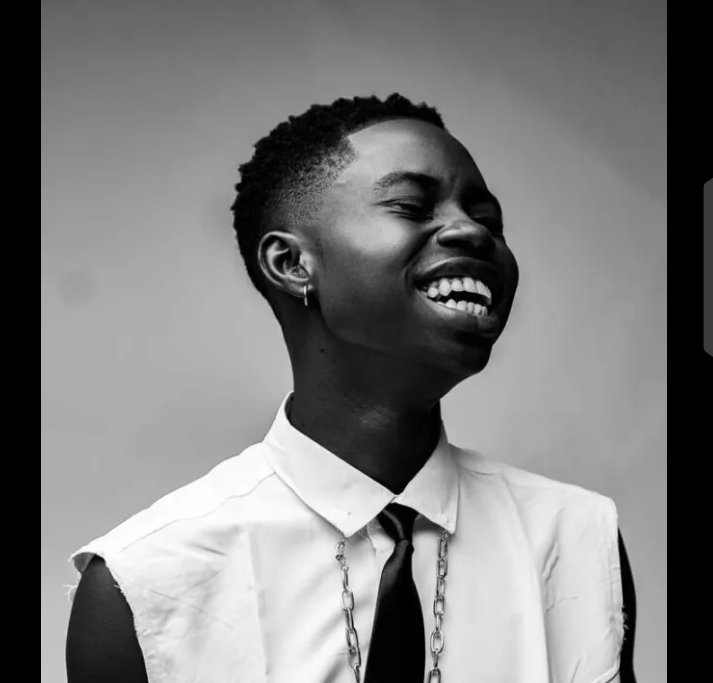
Before Status Took Over: Nigerians Reminisce on the Forgotten Era of Celebratory WhatsApp DPs

In a wave of nostalgia that swept through social media this week, content creator Oluwaseun (@officialtelz) sparked a surprising but heartwarming conversation after reminding Nigerians of a forgotten digital tradition many didn’t realize they missed. With a single post that read, “So you mean before WhatsApp status became a thing, we all were changing our WhatsApp DPs to the celebrant’s picture for 24 hours? Awwnnnn, intentional people,” he pulled the internet back to a simpler era—one defined by spontaneous loyalty, unspoken camaraderie, and a sort of digital solidarity that today’s fast-moving features seem to have replaced.
For many users, his statement was not just relatable but deeply nostalgic. Before WhatsApp introduced the Status feature in 2017, social media celebrations took a very different form. If a friend, sibling, partner, or even a favorite celebrity had a birthday, recognition didn’t come through flashy templates, animated stickers, or long texts that disappeared after 24 hours. Instead, it was common practice to switch one’s display picture to that person’s photo, proudly showcasing the celebrant for the world to see. It was an unspoken code, a ritual of affection that existed long before social media stories became the norm. The DP change wasn’t just a post; it was a badge of honor, a public declaration of love, pride, and friendship.
As users began responding to the tweet, memories flooded timelines like reopened time capsules. People recalled how waking up to see their picture on someone else’s DP felt like a special kind of joy—an unexpected affirmation that someone remembered and genuinely cared. It was often more intimate than the public birthday wishes we see today. Many described it as a thoughtful gesture that carried more weight precisely because it wasn’t automated. You had to save the person’s picture, crop it, upload it manually, and leave it up long enough for others to notice. It required effort, and in that effort lay its sincerity.
Others reminisced about how those DP changes were sometimes used to mark bigger milestones—graduations, engagements, or moments of grief. In those days, everyone’s display pictures told a story, and people were more emotionally tuned to the little things. In contrast, today’s social media landscape is overflowing with content, with WhatsApp Status now working like a hybrid between Instagram Stories and Facebook updates. The ease of clicking “share” has made expression more frequent but, some users argue, less deeply felt. What was once rare and meaningful has become commonplace and fleeting.
But beyond the nostalgia, Oluwaseun’s post opened up a broader reflection about how digital culture evolves and how many cherished traditions quietly vanish without anyone noticing. As new features roll out, they tend to erase behaviors that once defined online interactions. People adapt quickly, and before long, earlier patterns begin to feel like relics from a bygone age. Yet, moments like this remind us that technology doesn’t just change how we communicate—it changes what we value in the act of communication.
Interestingly, some users noted that the DP tradition still exists in certain circles, especially among close-knit groups, childhood friends, or people who prefer sentimental gestures over flashy digital storytelling. These individuals insist that no Status update, no matter how beautifully designed, can match the emotional punch of seeing your face take center stage on someone else’s profile. There is a sense of pride that comes from knowing that out of all the possible pictures, they chose yours to represent them for a whole day.
Others, however, humorously pointed out that modern friendship dynamics have shifted. Where once people freely shared pictures, today many are more cautious about their online presence. Privacy concerns, image control, and personal branding have grown tremendously. In a world where everyone is curating their digital persona, the idea of swapping out one’s carefully crafted profile picture for someone else’s image feels almost unimaginable to some. Yet this is precisely why the memory feels so tender—because it reflects a time before social media became a branding tool instead of a personal scrapbook.
A few responses also brought up a more emotional angle: Many friendships today aren’t as close or intentional as they used to be. Social media has expanded the quantity of connections but thinned the depth. The DP era, they argued, belonged to a time when friendships were more personal, less performative. When gestures were small but intimate. When celebration wasn’t about public visibility but about genuine connection. The DP change said, “This person matters to me,” without needing a hundred viewers or comments to validate it.
However, nostalgia aside, some people celebrated the evolution of digital expression. They argued that WhatsApp Status diversified the way people connect, allowing for wider storytelling, creative birthday shoutouts, and real-time glimpses into daily life. Instead of replacing intimacy, the feature expanded communication options. Users can now express affection through videos, collages, voice notes, and personalized messages—all without altering their profile pictures. For them, the Status feature didn’t kill tradition; it simply modernized it.
Still, the collective sentiment beneath Oluwaseun’s tweet was unmistakable: people long for the sincerity and simplicity of earlier digital habits. In a world where technology moves faster than emotions can keep up, a small reminder like this becomes a bridge to memories that feel warmer and more intentional than the tools we use today. The tweet became more than just a nostalgic observation—it became a cultural mirror showing how far we’ve come, how fast we’ve moved, and how easily we forget the little rituals that once defined how we showed love.
Whether the DP tradition will ever return is unlikely, but its memory remains a soft reminder of what digital affection once felt like. In the end, the viral moment proved that sometimes, all it takes is a single nostalgic tweet to make millions pause, smile, and remember a version of themselves they didn’t know they had missed.


